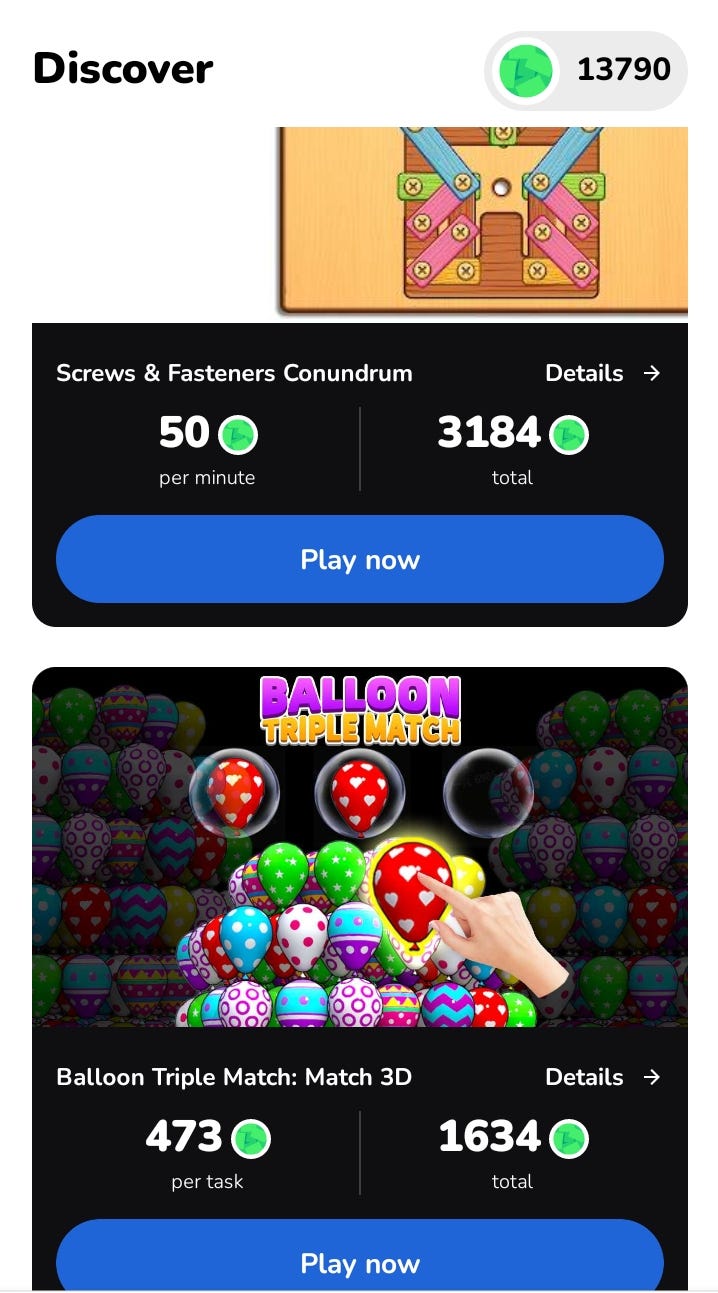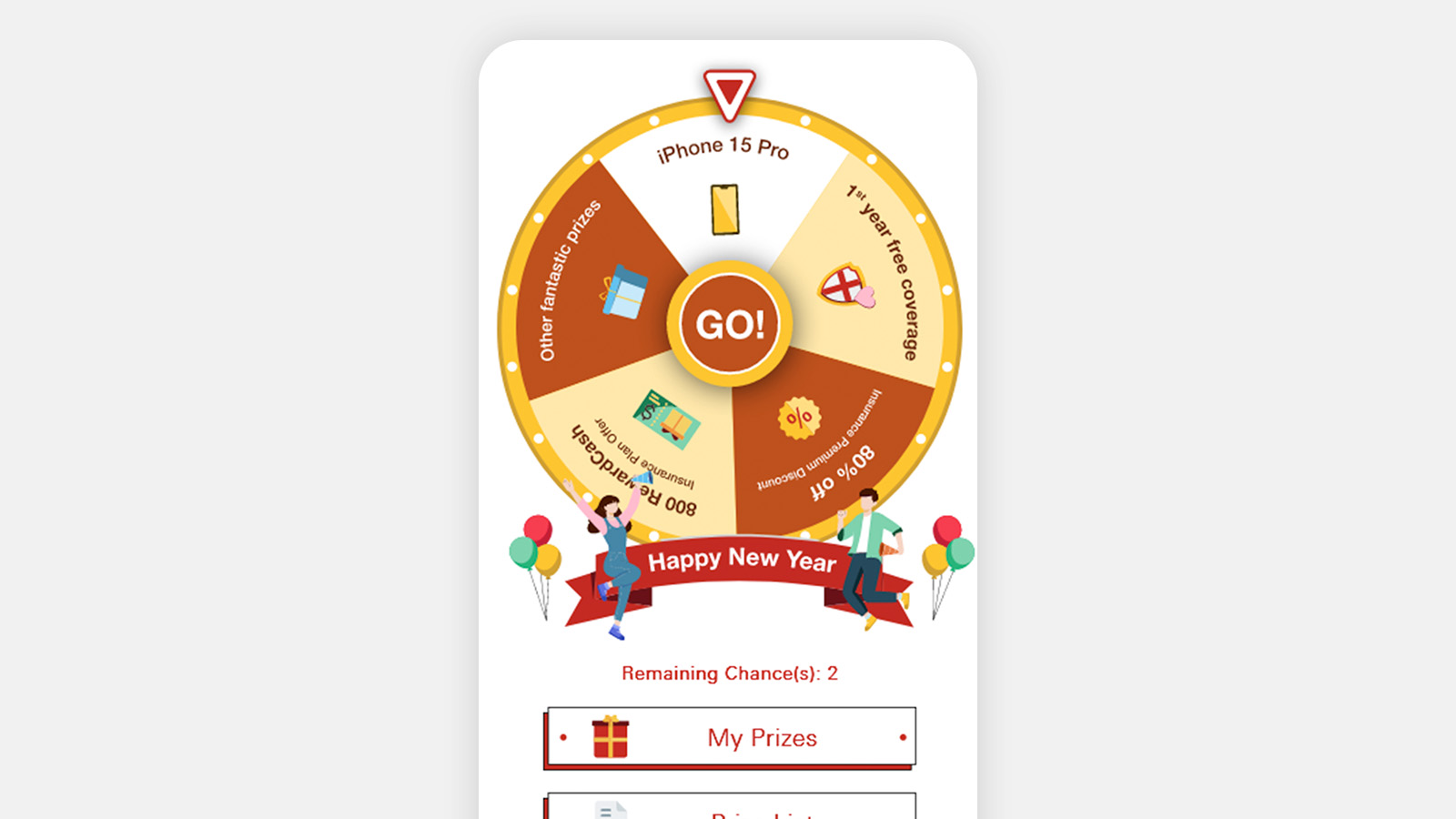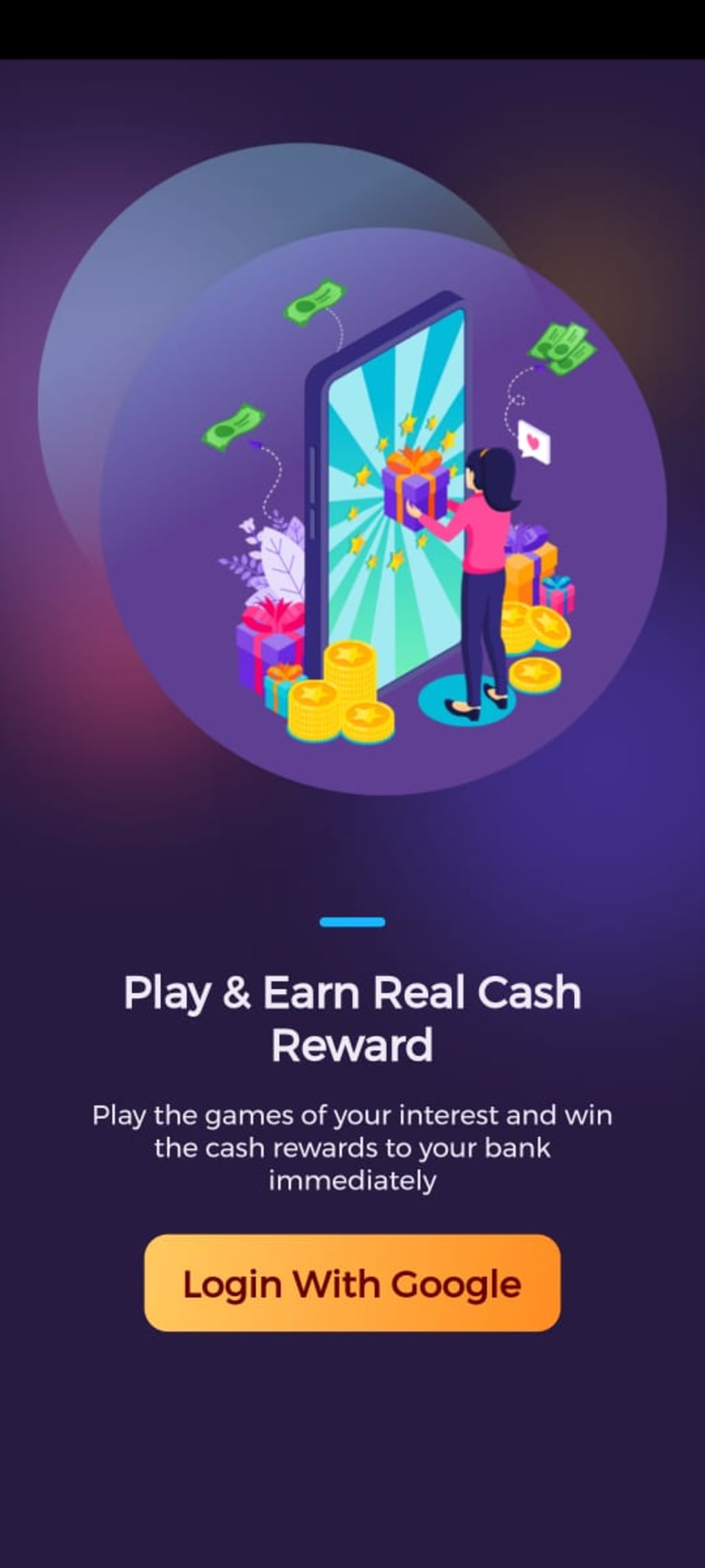Money Well - Games For Rewards

The allure of earning real-world rewards while indulging in the escapism of mobile gaming is rapidly transforming the landscape of entertainment and marketing. Apps like Money Well are at the forefront of this shift, promising users the ability to convert their gaming prowess into tangible benefits.
But beneath the surface of enticing advertisements and user testimonials lies a complex ecosystem raising questions about data privacy, economic viability, and the true value proposition for both players and developers.
The Rise of 'Play-to-Earn' Apps
Money Well, like other "play-to-earn" platforms, operates on a simple premise: users download games through the app, play them, and accumulate points based on their playtime and achievements. These points are then redeemable for gift cards, PayPal credits, or other forms of monetary compensation.
This model distinguishes itself from traditional in-app purchase (IAP) driven gaming by offering rewards outside the game itself, directly appealing to a user’s desire for financial gain.
The core function of Money Well revolves around its partnership with game developers who are seeking to gain visibility and acquire new users.
How Money Well Works
Game developers pay Money Well to feature their titles within the app. Users are then incentivized to download and play these games, with Money Well tracking their activity and rewarding them accordingly.
According to Money Well’s public statements, they utilize advanced tracking technology to ensure accurate measurement of gameplay and prevent fraudulent activity. The points earned are proportional to the time spent playing.
Ultimately, these numbers determine the potential pay-out for each game.
Economic Realities and User Experiences
While the prospect of earning money through gaming is enticing, many users find that the actual returns are significantly lower than anticipated. Several online forums and review sites are filled with anecdotal evidence suggesting that the time investment required to earn a meaningful amount of money can be substantial.
Some users also report encountering technical issues, delayed payments, or changes in the reward structure, leading to frustration and skepticism.
One reviewer wrote, "I spent hours playing games, but the points accumulate so slowly that it's barely worth the effort."
The Developer Perspective
For game developers, partnering with platforms like Money Well offers a potentially cost-effective way to acquire new users. The model relies on paying for confirmed playtime, rather than simply paying for installs.
This can lead to a more engaged and potentially longer-term user base. However, developers must carefully weigh the cost of user acquisition against the potential revenue generated from these players.
According to a survey by a mobile game developer publication, the quality of users acquired through these platforms can vary significantly, with some exhibiting lower retention rates compared to organic users.
Data Privacy and Ethical Considerations
The operation of Money Well and similar apps raises significant data privacy concerns. The platform tracks user activity within the games they promote, collecting data on playtime, achievements, and potentially other gameplay metrics.
This data is used to calculate rewards but also has the potential to be used for targeted advertising or sold to third parties. Money Well’s privacy policy outlines its data collection practices, but many users may not fully understand the extent of the information being gathered.
Industry watchdogs have begun scrutinizing these platforms for potential violations of data privacy regulations, particularly concerning the collection and use of data from younger users. The Children's Online Privacy Protection Act (COPPA) sets specific guidelines for the online collection of personal information from children under 13.
The Future of Play-to-Earn
The play-to-earn model is still in its nascent stages, and its long-term viability remains uncertain. One challenge is the sustainability of the reward system.
If the platform’s revenue stream from developers is insufficient to cover the payouts to users, the system could collapse. The other key development to watch is the regulatory landscape.
Increased scrutiny from privacy regulators and consumer protection agencies could lead to stricter rules regarding data collection and advertising practices.
Conclusion
Money Well and similar platforms represent a novel approach to mobile game marketing, incentivizing users to engage with new titles in exchange for real-world rewards. However, users should approach these platforms with a critical eye, carefully weighing the potential benefits against the time investment and data privacy risks.
For developers, partnering with these platforms requires a strategic approach, ensuring that the acquired users are not only cost-effective but also contribute to the long-term success of their games.
Ultimately, the future of play-to-earn apps will depend on their ability to strike a balance between providing genuine value to users, generating sustainable revenue for developers, and adhering to ethical data privacy practices. The industry is still young, and how these three elements coalesce will determine long-term success or failure.


















